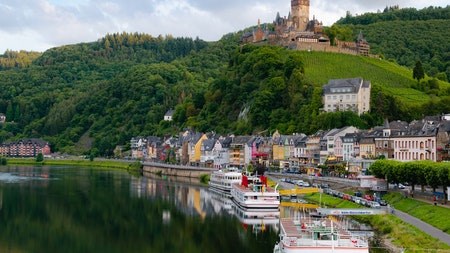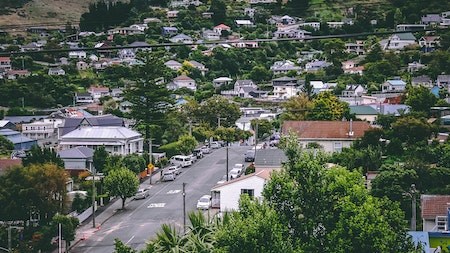The recent violence and looting combined with the tardiness of government’s COVID-19 vaccination programme, has led to a spike in demand for second residency and citizenship programs, says Nadia Read Thaele, Founder and CEO of LIO Global, a leading specialist firm in second residency and citizenship by investment.
The current looting crisis has further compounded the rising crime and security concerns of recent years. People want to live and work in a safe environment and are looking for the mobility that a second passport offers, she says.
As the epicentre of the coronavirus meets the brunt of the violent protests in Gauteng and KZN, the vulnerability of South Africans has been called into question. Dual citizenship not only provides the safety and peace of mind that many look for, but also secures their investment into politically and economically stable countries.
The countries that we work with which have Citizenship by Investment (CBI) programmes (generally into property or by way of a government donation), allow for dual citizenship which is ideal for South Africans who do not want to leave the country as yet, but are now urgently looking for a Plan B option for just in case. She says that people are feeling nervous and dual citizenship offers easier travel despite lockdown conditions.
According to a recent New World Wealth report, about 4 200 people with very good investment potential have left SA since 2010, and she says the number of families looking and second residency and citizenship options continues to increase dramatically.
There are many residency and CBI options available to South Africans including European countries such as Portugal, Malta, Greece, Spain, Italy and Belgium. Most require a real estate investment and have complex requirements should you wish to acquire citizenship as they are geared at offering residency. Malta for example also has a citizenship programme (in addition to its residency programme), but it requires a substantial investment upwards of R17 million.
The more accessible options are those offered by the Caribbean countries such as Grenada, St Kitts and Nevis, Dominica, St Lucia and Antigua and Barbuda, which offer a direct route to citizenship and a passport, as opposed to just residency. They do not require any period of residency or visits to the country and offer a quick route to a second passport in under six months. There are also no language requirements, and the countries are tax friendly jurisdictions.
The required investment into property starts at just over R3,3 million for a family of four, or from R1,5 million as a government donation. This is very accessible and equates to the price of an investment apartment on the Atlantic Seaboard or an upper middle-class home in the suburbs, she adds. The property developments generally offer the best opportunity for rental returns and can be sold after a holding period of around five years with some even offering guaranteed buy-backs, she adds.
The Caribbean passports offer excellent mobility with visa-free access to the USA, UK and Euro Zone for extended periods. The most popular currently is the Grenadian passport due to the E-2 Visa Treaty which allows citizens to invest in the USA, live and work there and also send their children to US schools and universities.
She further says that her company has a 100% success rate on applications for Grenadian citizenship which is a significant factor to consider. Grenada is currently granting more than 2,000 passports annually and the programme is growing significantly.
Writer : Gina Meintjes




